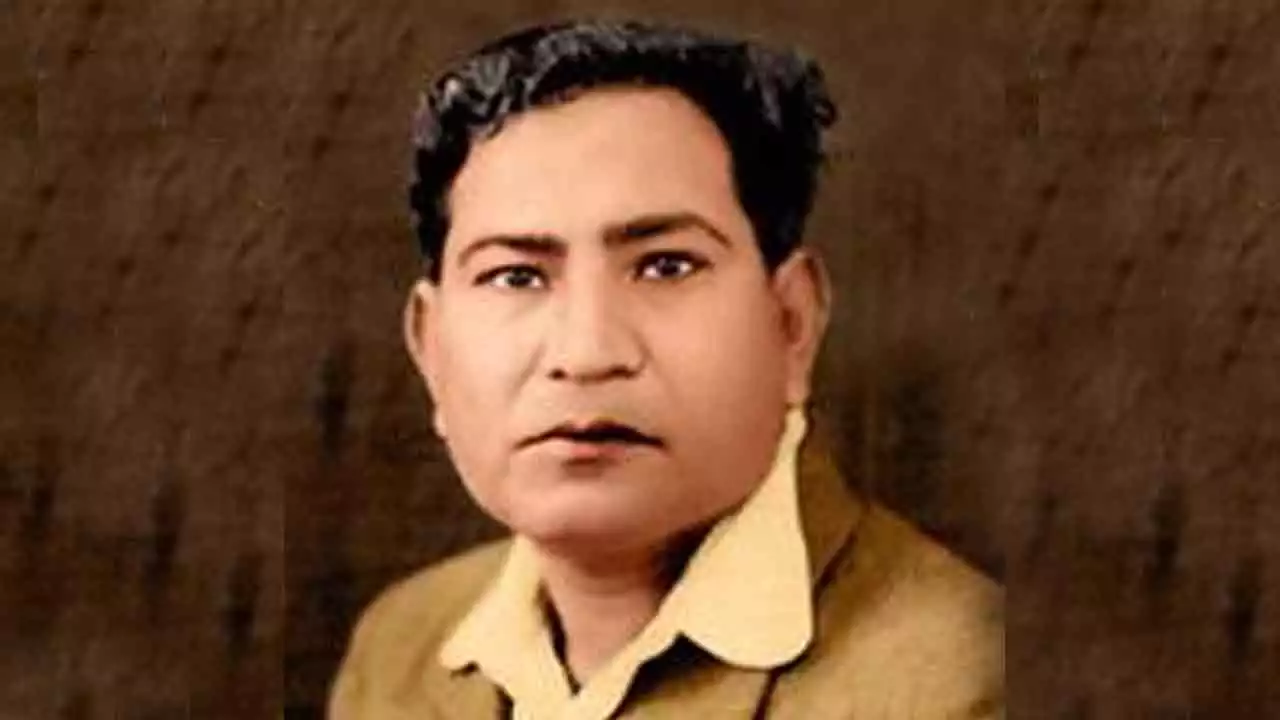A musician’s family often serves as the foundation for their artistic journey, providing not only the height of their craft but also a distinct identity. This rings particularly true for Ustad Barkat Ali Khan, a legendary singer born in 1905 in Kasur, whose legacy in the world of classical music remains unparalleled.
Early Life and Musical Heritage
Ustad Barkat Ali Khan was born into a family deeply rooted in the rich traditions of classical Indian music. His father, Ali Bakhsh Khan Kasuri, was a well-known figure in the musical circles of his time, and his elder brother, Ustad Bade Ghulam Ali Khan, was a revered maestro whose fame spread far and wide. Together, they belonged to the prestigious Kasur Patiala Gharana, a school of music known for its unique style and contribution to Indian classical music.
Growing up in such an environment, Barkat Ali Khan was naturally inclined towards music. The Kasur Patiala Gharana was known for its emphasis on the purity of raga and the emotive power of vocal performance. Under the tutelage of his father and elder brother, Barkat Ali Khan honed his skills and developed a deep understanding of the nuances of classical music.
Mastery and Musical Contribution
Barkat Ali Khan’s talent soon shone through, and he established himself as a distinguished singer in his own right. He possessed all the qualities of his father’s artistic perfection, but his voice carried an exceptional richness and depth that set him apart. His ability to convey profound emotion through his singing left listeners in a state of ecstasy, often moving them to tears.
Barkat Ali Khan’s repertoire was diverse, encompassing a range of genres within Indian classical music. He was particularly renowned for his renditions of thumri, dadra, and ghazal, which showcased his versatility and deep emotional expression. Thumri, with its romantic and devotional themes, and dadra, with its light classical touch, found a new dimension in his voice. His ghazals, characterized by their poetic and philosophical content, were delivered with such poignancy that they resonated deeply with his audience.
One of Barkat Ali Khan’s greatest contributions was his ability to bring classical music to the masses. While maintaining the purity of the art form, he made it accessible and appealing to a broader audience. His performances were not just musical recitals but emotional journeys that connected with people from all walks of life. This ability to transcend the boundaries of classical music and touch the hearts of ordinary listeners was a testament to his extraordinary talent.
Legacy and Passing
Ustad Barkat Ali Khan’s life and career were tragically cut short when he passed away on June 19, 1962. He was laid to rest in the Mayani Sahib Cemetery in Lahore, leaving behind a rich legacy that continues to inspire musicians and music lovers alike.
Despite his relatively short life, Barkat Ali Khan’s impact on Indian classical music was profound. His contributions helped shape the course of modern classical music, and his unique style and emotive power set a benchmark for future generations. The pain and richness in his voice, coupled with his deep understanding of ragas and poetic expression, ensured that his music would live on long after his passing.
Ustad Barkat Ali Khan’s story is one of immense talent nurtured by a rich musical heritage. Born into the illustrious Kasur Patiala Gharana, he carved out his own niche in the world of Indian classical music. His mastery of thumri, dadra, and ghazal, combined with his unique ability to connect with his audience, made him a beloved figure in the music world.
His legacy continues to resonate today, as his recordings and the memories of his performances inspire new generations of musicians. Ustad Barkat Ali Khan remains a shining example of how a deep-rooted family tradition in music can produce an artist whose impact transcends time and genre. His life and work are a testament to the enduring power of music to move and inspire.



